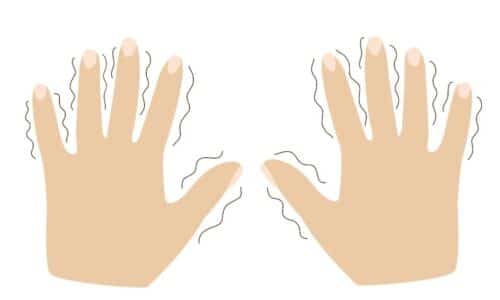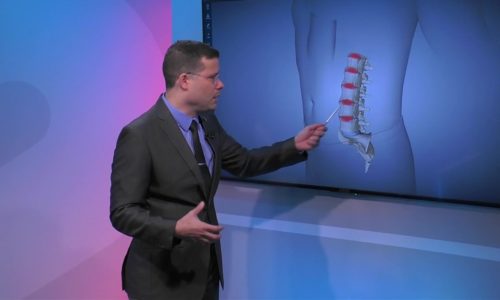Causes of Paralysis |
Dr. Jose Mena, Interventional Spine Specialist with Miami Orthopedics and Sports Medicine Institute, says to get paralyzed you have to have a significant amount of compression of the nerve.
“Normally where you develop all the paralysis will be where the spinal cord ends, around the L1-L2 level. So anything that happens below that you’re not going to get paralysis. The most that you can get will be compression or some of those nerve roots, but you are not going to be on a wheelchair.”
Transcript
One of the biggest scares over an injury like this is paralysis because you can heavily damage both of these specific target areas, when that happens what are we seeing? Okay. Paralysis will be it’s more uncommon for developing although a lot of people they will think that they may have some some neck problems or back problems and “oh I’m gonna get paralyzed”. The answer is no. — okay — yeah. Normally, has to be a significant amount of compression of the of the nerve in order to develop paralysis. Normally where you develop mostly all the paralysis will be where the spinal cord ends, normally the spinal cord ends around the l1 l2 level. So normally around this region in the lower back so anything that happens between below l5 s1 right you’re not gonna get paralysis the most that you can get will be compression or some of those nerve roots, but you’re not gonna be on a wheelchair however above the l1 l2 up to the cervical level we have the the big chunk of nerves which is called a spinal cord so basically that’s a trunk that will control the the nerves — that’s the yellow — this yellow structure here, yeah this yellow structure here. So anything gets down there basically everything gets shut down and you can develop some sort of paralysis. So if someone that is here in the program and may be feeling that they are unable to move their limbs their their legs etc, that’s something that you will require remedial attention just to make sure that we don’t know we’re not facing one of those conditions. > Now before we move on to our break I do want to ask how the other other conditions or injuries or I don’t know what you would call it under the spondylosis umbrella a back of back pain impact injury, what else we can quickly mention them. > Doctor Mene was talking about spinal stenosis, how you know the nerves are compressed and you know because of that patients have concerned that they’re having numbness, tingling, and maybe sometimes weakness but those things can always be corrupt… corrected. You know there’s conservative treatment like physical therapy and rehabilitation it’s not you know like he was talking about anything that that occurs above — right — the different levels.








